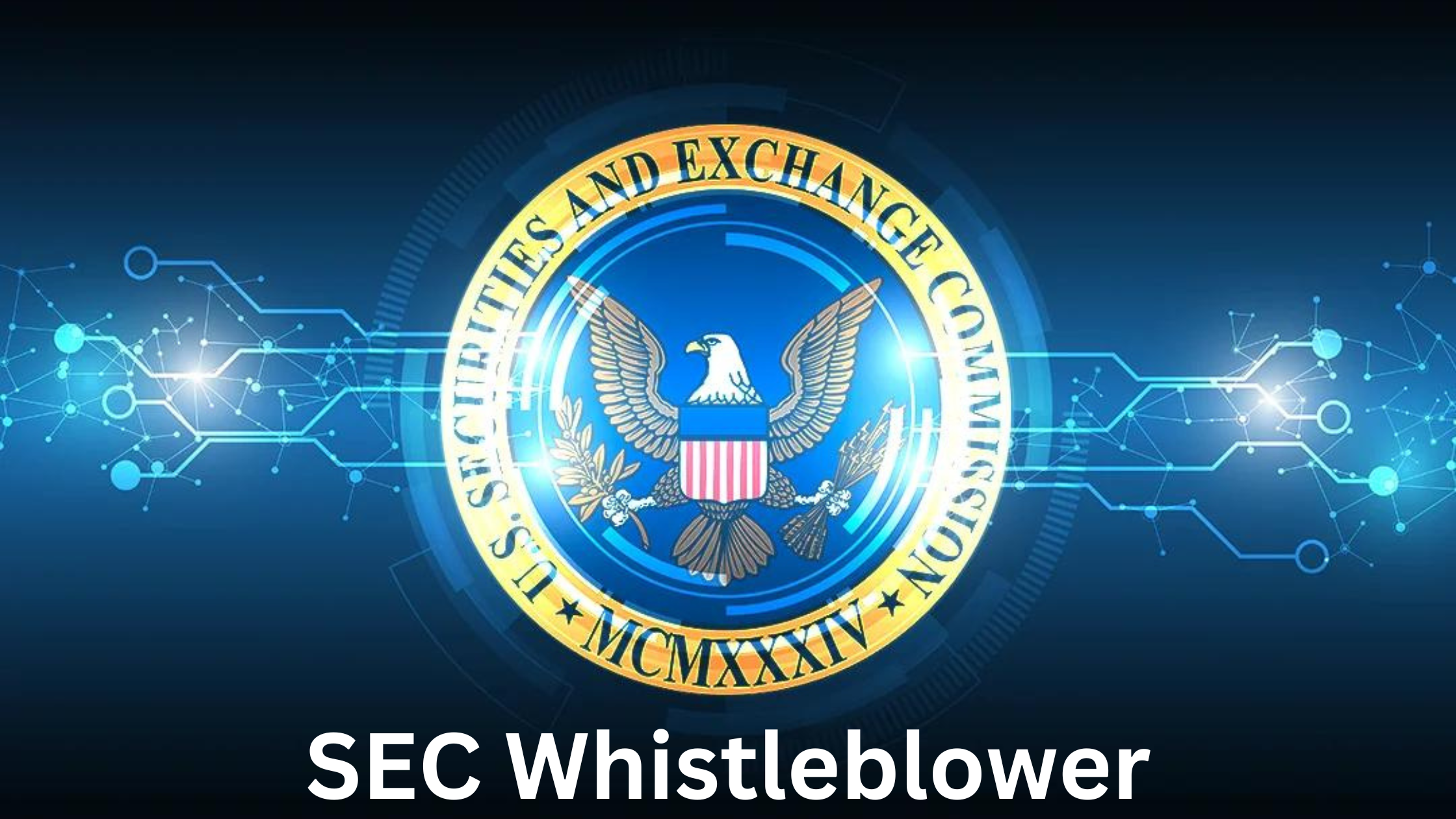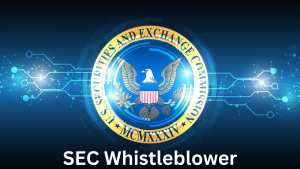Join Our Telegram channel to stay up to date on breaking news coverage
The U.S. Securities and Exchange Commission (SEC) made waves last week by granting a corporate whistleblower an unprecedented payout of almost $279 million, smashing all previous records.
On May 5, the SEC granted a record-breaking whistleblower award of $279 million to an individual who provided original information that resulted in a successful enforcement action. The SEC Whistleblower Program has benefited from tips provided by whistleblowers, resulting in the recovery of more than $4 billion in ill-gotten gains and interest from enforcement actions. According to Gurbir S. Grewal, Director of the SEC’s Division of Enforcement, this award incentivizes whistleblowers to accurately report potential securities law violations.
Today we announced the largest-ever award, nearly $279 million to a whistleblower whose information and assistance led to the successful enforcement of SEC and related actions.https://t.co/GGwiZ4BQUf
— U.S. Securities and Exchange Commission (@SECGov) May 5, 2023
Stephen M. Kohn, a leading whistleblower attorney at Kohn, Kohn & Colapinto, believes this award’s size and publicity will be a powerful deterrent to future frauds. Kohn, the author of the forthcoming handbook “Rules for Whistleblowers: A Handbook for Doing What’s Right,” believes that large rewards can help prevent fraud by motivating well-placed insiders to report it. The executives in the C-Suite need to understand that they are now incentivized to report fraud. The award’s historic amount is required to tackle billion-dollar scams that harm taxpayers, investors, and consumers.
SEC Whistleblower Program Offers Monetary Awards for Disclosure of Information
The SEC Whistleblower Program grants monetary awards of 10-30% of the funds collected by the government in cases aided by the whistleblower’s disclosure. To be eligible for an award, the whistleblower must provide voluntary original information that results in the success of an enforcement action worth at least $1 million.
In this case, the SEC noted that the whistleblower’s information was significant and saved the agency time and resources. The whistleblower provided crucial ongoing help, including written submissions, communications, and interviews, contributing to the case’s success. Although the whistleblower’s information did not prompt the opening of the investigation, it expanded the misconduct charged.
Furthermore, under the Dodd-Frank Act’s related action provisions, whistleblowers may qualify for related action awards of 10-30% of the funds collected in successful enforcement actions by other agencies if their information is used. Here, the whistleblower qualified for related action awards as they provided original information that another agency used in successful enforcement actions.
SEC Enacts New Disclosure Rule for Hedge Funds
As this continues, the SEC approved a new rule that requires hedge funds and private equity groups to disclose more information about potentially risky events. The regulation will compel private fund managers to share additional information about events that could show stress or systemic risk, giving investors more visibility and promoting financial stability.
SEC Chair Gary Gensler said the private fund industry was increasingly interconnected with broader capital markets, and its rapid growth caused further scrutiny. Hedge funds with at least $1.5 trillion in assets and private equity groups will have to report “trigger events” within 72 hours of their occurrence or quarterly. The reporting threshold for private equity groups has been raised from $1.5 trillion to $2 trillion.
Besides the new disclosure rule for hedge funds and private equity groups, the SEC has proposed another regulation requiring registered personal fund advisers to provide quarterly statements to investors. These statements would include detailed records of all fees, expenses, and performance, which has been a point of contention in the industry.
Separately, the SEC has also adopted a final rule that mandates companies to disclose share repurchases quarterly on 10-Q and 10-K forms. They softened the rule from its initial proposal, which would have required reporting buybacks one day after the purchases. However, the US Chamber of Commerce is considering suing to block the rule, stating that it will carefully evaluate its impact on investors.
More News
- Spongebob Token (SPONGE) Jumps to $2.7 Million Market Cap in Just Hours
- AiDoge Next 100x Altcoin – Boosts $2.9 Million Fast In Presale
- Whistleblower Accuses Kraken of Violating International Sanctions in Lawsuit
Join Our Telegram channel to stay up to date on breaking news coverage


